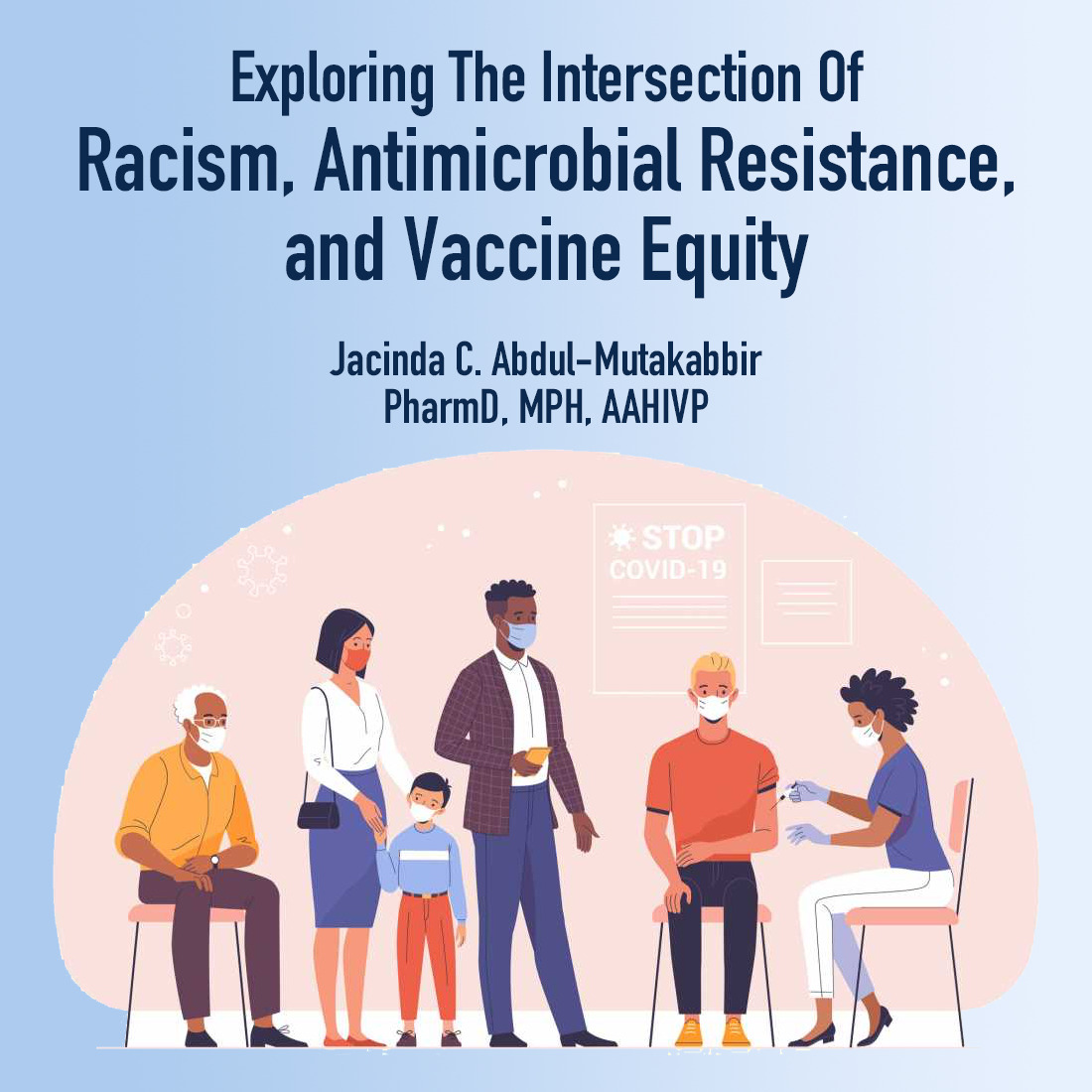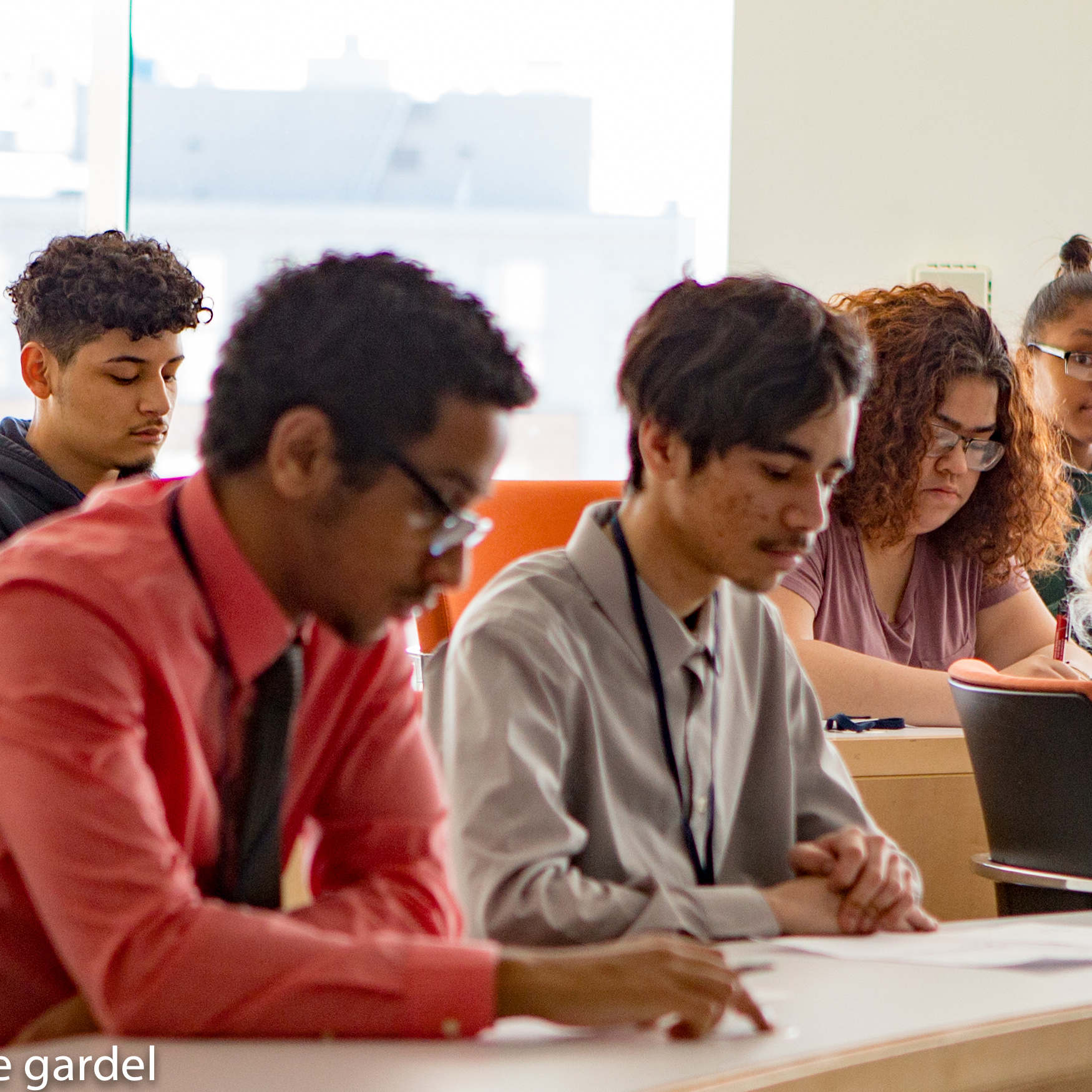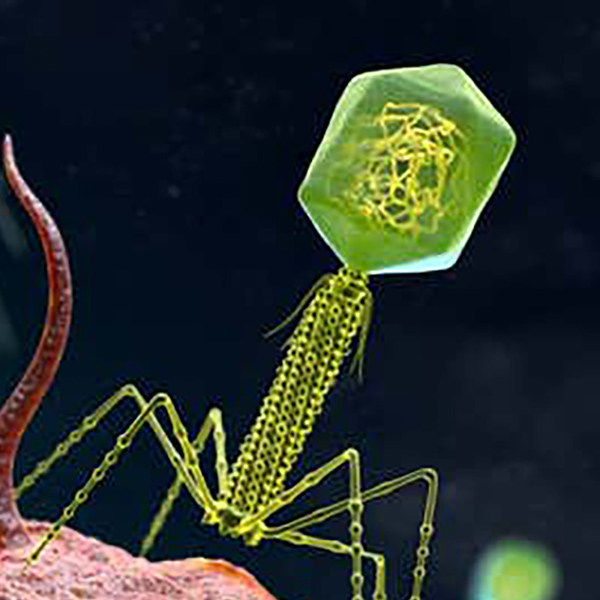Exploring The Intersection Of Racism, Antimicrobial Resistance, And Vaccine Equity — UC San Diego’s Jacinda C. Abdul-Mutakabbir PharmD, MPH, AAHIVP
Dr. Jacinda Abdul-Mutakabbir explores the intersection of antibiotic resistance and health/vaccine equity, with a specific focus on racial differences observed across racially and ethnically minoritized groups.
Diagnostic Stewardship as a Tool for Antimicrobial Stewardship – Tufts Medical Center’s Shira Doron, MD
Levy CIMAR's own Shira Doron, MD, presented for this month's Science Seminar on the topic of “Diagnostic Stewardship as a Tool for Antimicrobial Stewardship.” Dr. Doron is a widely recognized expert in the fields of antimicrobial and diagnostic stewardship, and among
Discovery and Development of Novel Antimalarials and Their Use as Chemical Tools to Discover New Biology of the Malaria Parasite – WEHI’s Professor Alan F. Cowman
Prof. Alan F. Cowman heads a laboratory at WEHI where he and his team aim to advance the understanding of how malaria-causing parasites invade human cells. The seminar, "Discovery and Development of Novel Antimalarials and Their Use as Chemical Tools
Transcriptional Profiling for Infectious Disease Diagnostics and Discovery – Massachusetts General Hospital’s Roby Bhattacharyya, MD, PhD
Roby Bhattacharyya, MD, PhD, maintains a lab at the Broad where he and his team pursue basic and translational research on pathogenic microbes, with a particular focus on antimicrobial resistance and transcriptional responses to antibiotic exposure, and on characterizing their
Superbugs From Their Backyards and Beyond: Brockton High Schoolers Present “Tiny Earth” Findings to Levy CIMAR; Tufts Community
CIMAR hosted 33 students from Boston-area Brockton High School last week for a rare educational and networking opportunity. Students presented posters depicting original experiments and data on antimicrobial resistance to a wide audience of Tufts University and Tufts Medical Center
Engineering Phages as Novel Antimicrobials Targeting Gram-Negative Pathogens – Massachusetts General Hospital’s Bryan Lenneman, Ph.D.
MGH Research Fellow Bryan Lenneman, PhD, is interested in utilizing synthetic biology to develop novel therapeutics against diseases associated with dysbiosis of the human gut microbial community.
Metabolic Modeling Predicts Unique Drug Targets in Lyme Disease Pathogen B. burgdorferi – TUSM’s Peter Gwynne, PhD
Lyme disease expert Peter Gwynne, PhD, presented on “Metabolic Modeling Predicts Unique Drug Targets in the Lyme Disease Pathogen Borrelia burgdorferi” for the Levy CIMAR's February 2023 Science Seminar. Dr. Gwynne is interested in Borrelia burgdorferi, which causes Lyme disease,
One Health Approach to Antimicrobial Stewardship in Companion Animals – Tufts Vet School’s Claire Fellman, D.V.M., Ph.D., DACVIM (SA), DACVCP
Tufts University Cummings School of Veterinary Medicine’s Claire Fellman, D.V.M., Ph.D., DACVIM (SA), DACVCP is interested in One Health approaches to antimicrobial stewardship in veterinary medicine.
The Challenge of Antibiotics Stewardship in Low Income Countries: The Case of the Democratic Republic of Congo – Tufts Vet’s Diafuka Saila-Ngita, DVM, MSc, PhD
Tufts University Cummings School of Veterinary Medicine’s Diafuka Saila-Ngita, DVM, MSc, PhD, is interested in addressing the challenges of antimicrobial stewardship in low-income nations such as the Democratic Republic of Congo.
Developing a Mycobacterial Research Agenda – Tufts Medical Center’s Husain Poonawala, MBBS, MPH
Tufts Medical Center’s Husain Poonawala, MBBS, MPH, is interested in tuberculosis and non-tuberculous mycobacteria, how next-generation sequencing and novel diagnostic methods can be integrated into clinical care.














